Home>diy>Building & Construction>When Do You Pay Closing Costs On A Construction Loan
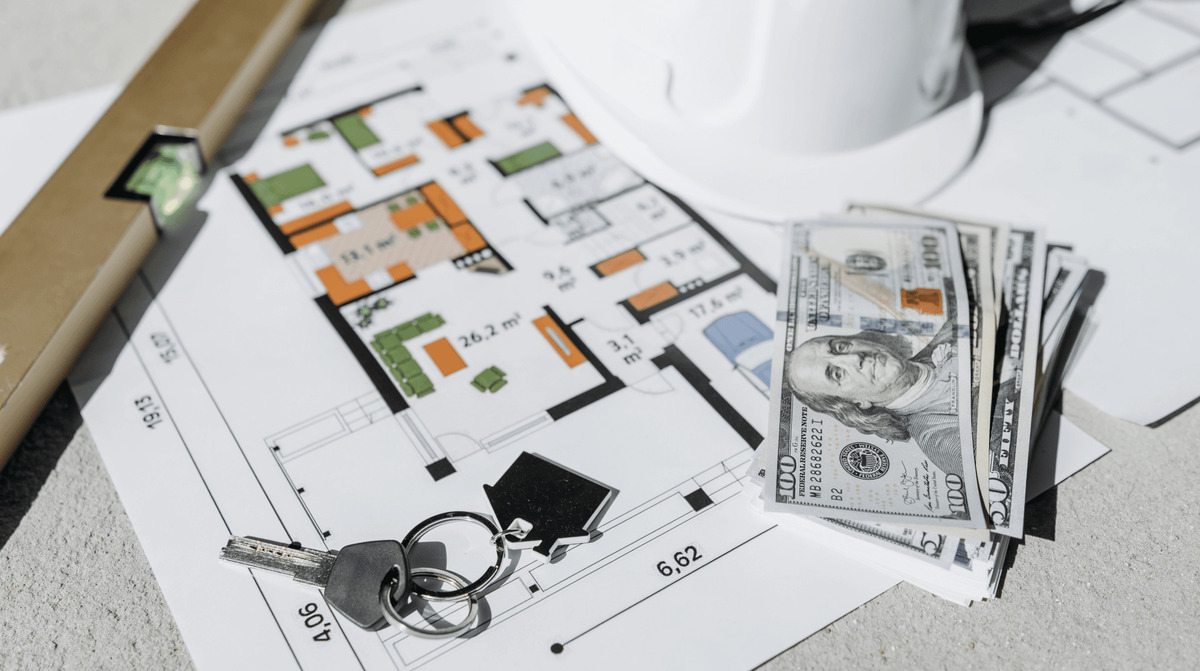

Building & Construction
When Do You Pay Closing Costs On A Construction Loan
Modified: August 17, 2024
Learn when you need to pay closing costs on a construction loan and ensure a smooth building construction process. Find out more about building-construction loans today!
(Many of the links in this article redirect to a specific reviewed product. Your purchase of these products through affiliate links helps to generate commission for Storables.com, at no extra cost. Learn more)
Introduction
Welcome to the world of construction loans! If you’re embarking on a building project, understanding the intricacies of financing is crucial. One aspect that often comes up during the loan process is closing costs.
Construction loans are a specialized form of financing designed specifically for building or renovating properties. Unlike traditional mortgage loans, construction loans disburse funds in stages as the project progresses. These loans typically have a limited term and require specific documentation, inspections, and approvals throughout the construction process.
Now, you might be wondering, what exactly are closing costs? In simple terms, closing costs are fees associated with finalizing the loan. They are typically paid during the closing, which is the last step of the loan process before the funds are disbursed. Closing costs cover various expenses incurred by the lender, as well as fees for services rendered by professionals involved in the project.
So, when do you pay closing costs on a construction loan? The timing of closing cost payments can vary depending on several factors. Let’s explore the possibilities and shed some light on this important aspect of construction financing.
Key Takeaways:
- Closing costs on construction loans are typically paid at the time of loan closing, with options to pay upfront or roll them into the loan, depending on the lender’s policy and the borrower’s financial situation.
- Understanding the factors influencing the timing of closing cost payments, such as project timeline and loan type, is crucial for effective financial planning and successful construction financing.
Read more: When Do You Close On A Construction Loan
Understanding Construction Loans
Before we delve into the details of closing costs, let’s first understand the basics of construction loans. These loans are specifically tailored to finance construction projects, whether it’s building a new home, remodeling an existing property or constructing a commercial building.
Unlike traditional mortgage loans, construction loans are not disbursed in a lump sum. Instead, the funds are released in stages, also known as “draws,” as the construction progresses. This staged disbursement ensures that the funds are used for their intended purpose and that the project meets certain milestones before additional funds are provided.
Construction loans typically have a short-term duration, typically 6 to 12 months. During this period, borrowers only pay interest on the amount disbursed. Once the construction is complete, the loan can either be refinanced into a permanent mortgage or paid off in full.
Getting approved for a construction loan can be more challenging than securing a traditional mortgage. Lenders typically require detailed construction plans, a realistic budget, and a construction timeline. They also assess the borrower’s creditworthiness and financial stability to minimize the risk associated with construction projects.
It’s important to note that construction loans may have different interest rates and terms compared to traditional mortgages. This is because of the unique nature of financing a project that is yet to be completed. Construction loans are typically interest-only during the construction phase, with the principal balance due upon completion.
Now that we have a basic understanding of construction loans, let’s move on to the topic at hand – closing costs.
What Are Closing Costs?
Closing costs are fees and expenses associated with finalizing a loan and transferring ownership of a property. They cover various costs incurred by the lender, as well as fees for services provided by professionals involved in the construction project.
Here are some common examples of closing costs on a construction loan:
- Loan Origination Fee: This is a fee charged by the lender to process the loan application and cover administrative costs.
- Appraisal Fee: An appraisal is required to determine the value of the property before approving the loan. The borrower is responsible for paying this fee.
- Title Insurance: This insurance protects the lender and the borrower against any issues that may arise with the property’s title, such as ownership disputes or liens.
- Survey Fee: A surveyor may be hired to verify the boundaries and legal description of the property.
- Construction Inspection Fees: Throughout the construction process, inspections are conducted by professionals to ensure that the work is being done in accordance with the plans and specifications.
- Recording Fees: These fees cover the cost of recording the mortgage or deed of trust with the appropriate governmental agency.
- Cost of Draw Inspections: Lenders may charge a fee for each draw inspection conducted to verify that the completed work corresponds to the amount being requested.
- Legal Fees: The borrower may need to hire an attorney to review the loan documents and provide legal advice.
It’s important to note that closing costs can vary depending on the lender, location, and the specific details of the construction project. The total amount can range from 2% to 5% of the loan amount.
Now that we know what closing costs are, let’s discuss when they are typically paid on a construction loan.
When Are Closing Costs Usually Paid?
The timing of closing cost payments on a construction loan can vary and depends on the terms agreed upon between the borrower and the lender. In general, there are two common scenarios:
- Upfront Payment: In some cases, lenders may require borrowers to pay the closing costs upfront before the construction loan is approved and funds are disbursed. This ensures that the lender recovers the expenses associated with the loan process and that the borrower has the funds to cover these costs.
- Rolling into the Loan: An alternative approach is to include the closing costs in the loan amount. This means that the closing costs are added to the principal balance of the construction loan and are repaid over the course of the loan term. However, keep in mind that rolling the closing costs into the loan will increase the total amount borrowed and may result in higher interest charges over time.
It’s important to discuss the timing of closing cost payments with your lender before committing to a construction loan. Understanding their requirements and deciding whether to pay upfront or include the costs in the loan will depend on your financial situation and preferences.
Additionally, it’s worth noting that some closing costs may be paid directly to the service providers, such as the appraisal fee or the survey fee. These costs are typically not included in the loan amount and are settled separately.
Remember, every construction loan is unique, so it’s crucial to review the terms and conditions carefully and seek clarification from your lender or financial advisor if you have any questions or concerns about the payment of closing costs.
Now that we understand the various possibilities for paying closing costs on a construction loan, let’s explore some of the factors that can influence the timing of these payments.
Closing costs for a construction loan are typically paid at the time of loan closing. These costs can include fees for appraisals, inspections, and legal services. Be prepared to budget for these expenses when planning your construction project.
Paying Closing Costs on a Construction Loan
When it comes to paying closing costs on a construction loan, there are a few key considerations to keep in mind. Let’s take a closer look at how the process typically works.
In most cases, closing costs on a construction loan are paid at the time of the loan closing, which is the final step before the funds are disbursed. During this stage, all necessary documentation is completed, and the borrower and lender sign the loan agreement.
The closing costs are typically paid by the borrower, but depending on the agreement with the lender, there may be options for the costs to be partially or fully covered by the seller or builder. It’s important to consult with your lender to understand who is responsible for covering the closing costs in your specific situation.
One thing to keep in mind is that closing costs can be a significant expense, so it’s essential to budget for them when planning your construction project. These costs can include loan origination fees, appraisal fees, title insurance, and more, as we discussed earlier.
It’s also worth noting that lenders may require borrowers to provide proof of funds to cover the closing costs before finalizing the loan. This ensures that the borrower has the financial means to complete the construction project and cover all associated expenses.
Remember, the payment of closing costs can be negotiated with the lender, and you should carefully review the terms of your loan agreement to understand when and how the costs will be paid. Your lender or loan officer can provide guidance and clarity on the specific requirements for closing cost payments.
Lastly, it’s important to keep track of all the expenses related to closing costs for tax purposes. Some closing costs may be tax-deductible, so consult with a tax professional to understand the potential tax benefits.
Now that we’ve explored the process of paying closing costs on a construction loan, let’s discuss some factors that can affect the timing of these payments.
Read more: When Building A Home, When Do You Pay
Factors Affecting the Timing of Closing Cost Payments
The timing of closing cost payments on a construction loan can be influenced by several factors. Let’s take a look at some of the key elements that may impact when these payments are made:
- Lender’s Policy: Each lender may have its own policy regarding when closing costs are paid. Some lenders may require upfront payment, while others may allow for the costs to be rolled into the loan. It’s important to review the terms and conditions of your specific loan agreement to understand the lender’s requirements.
- Loan Type: The type of construction loan you are obtaining can also affect the timing of closing cost payments. For example, if you’re getting a construction-to-permanent loan, where the construction phase and permanent mortgage are combined, the closing costs may be paid at the time of the initial loan closing. However, if you’re getting a standalone construction loan, the closing costs may be paid again when you refinance into a permanent mortgage.
- Project Timeline: The timeline of your construction project can impact when closing costs are paid. If the project is expected to be completed within a short period, the closing costs may be paid upfront. On the other hand, if the construction timeline is longer, the lender may allow for the costs to be rolled into the loan.
- Borrower’s Financial Situation: Your financial situation and ability to pay the closing costs upfront may also dictate the timing of these payments. If you have the necessary funds available, you may choose to pay the costs upfront. However, if you prefer to preserve your cash flow during the construction process, rolling the closing costs into the loan may be a more suitable option.
It’s important to communicate with your lender and discuss your preferences and financial circumstances to determine the best approach for paying closing costs. They can provide guidance and options based on your specific situation.
Lastly, keep in mind that the timing of closing cost payments can be negotiated with the lender. If you have any concerns or constraints, it’s worth discussing them and exploring alternative solutions that work for both parties.
Now that we’ve covered the factors affecting the timing of closing cost payments, let’s wrap up our discussion.
Conclusion
Closing costs are an important aspect of construction loans, and understanding when and how they are paid is crucial for borrowers. These costs cover various fees and expenses associated with finalizing the loan and transferring ownership of the property.
Typically, closing costs on a construction loan are paid at the time of loan closing, which is the final step before the funds are disbursed. The borrower is responsible for covering these costs, although there may be options to negotiate the payment arrangement with the lender.
Factors such as the lender’s policy, loan type, project timeline, and borrower’s financial situation can influence the timing of closing cost payments. It’s important to review your loan agreement and discuss your preferences and circumstances with your lender to determine the most suitable approach for paying these costs.
Whether you choose to pay the closing costs upfront or roll them into the loan, it’s essential to budget for these expenses when planning your construction project. Proper financial planning and open communication with your lender will help ensure a smooth loan process and avoid any surprises during the closing stage.
Remember to keep track of all closing cost expenses for potential tax deductions and consult with a tax professional for guidance.
In conclusion, understanding the timing of closing cost payments on a construction loan is an important aspect of successfully financing your building project. By being informed and proactive, you can navigate the loan process with confidence and make well-informed decisions for your construction financing needs.
Frequently Asked Questions about When Do You Pay Closing Costs On A Construction Loan
Was this page helpful?
At Storables.com, we guarantee accurate and reliable information. Our content, validated by Expert Board Contributors, is crafted following stringent Editorial Policies. We're committed to providing you with well-researched, expert-backed insights for all your informational needs.
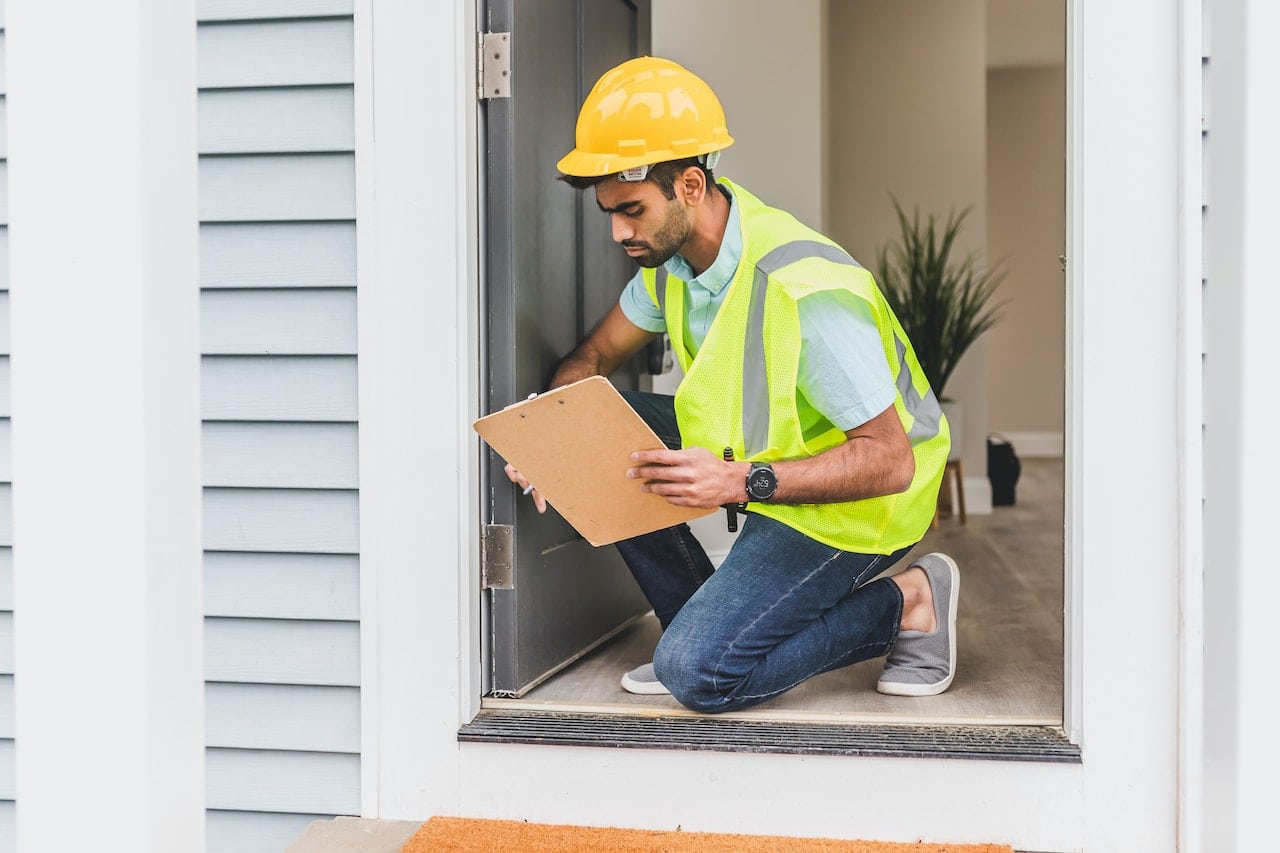
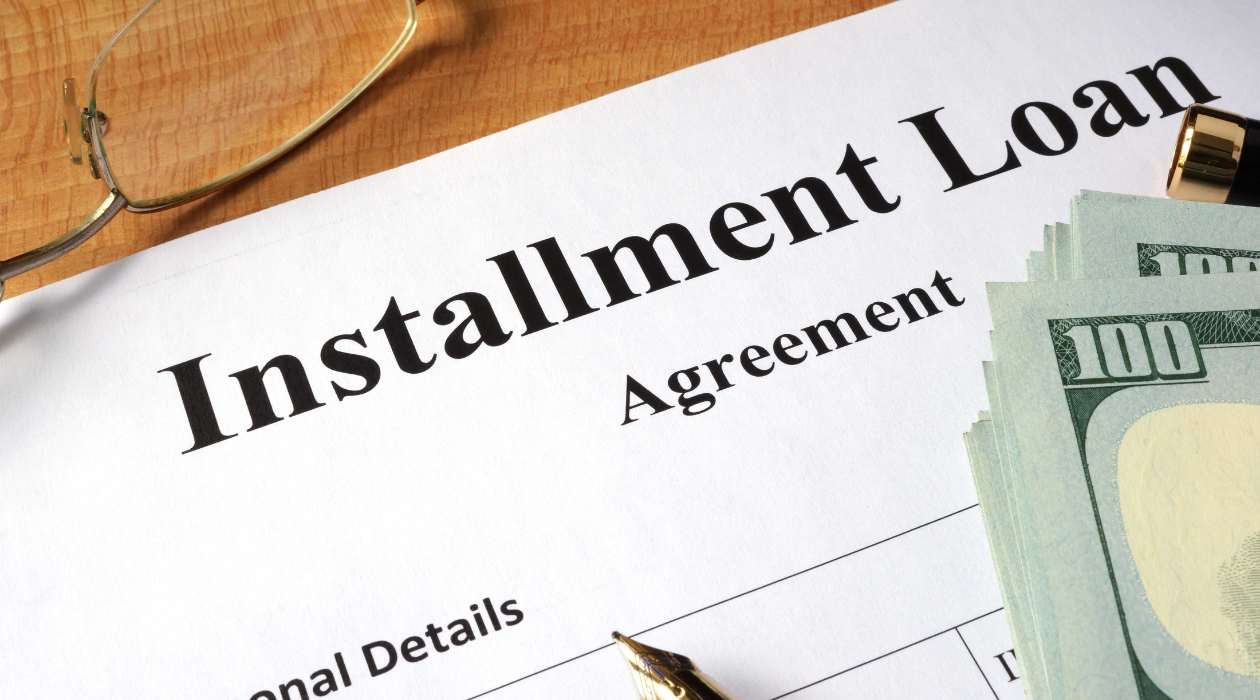
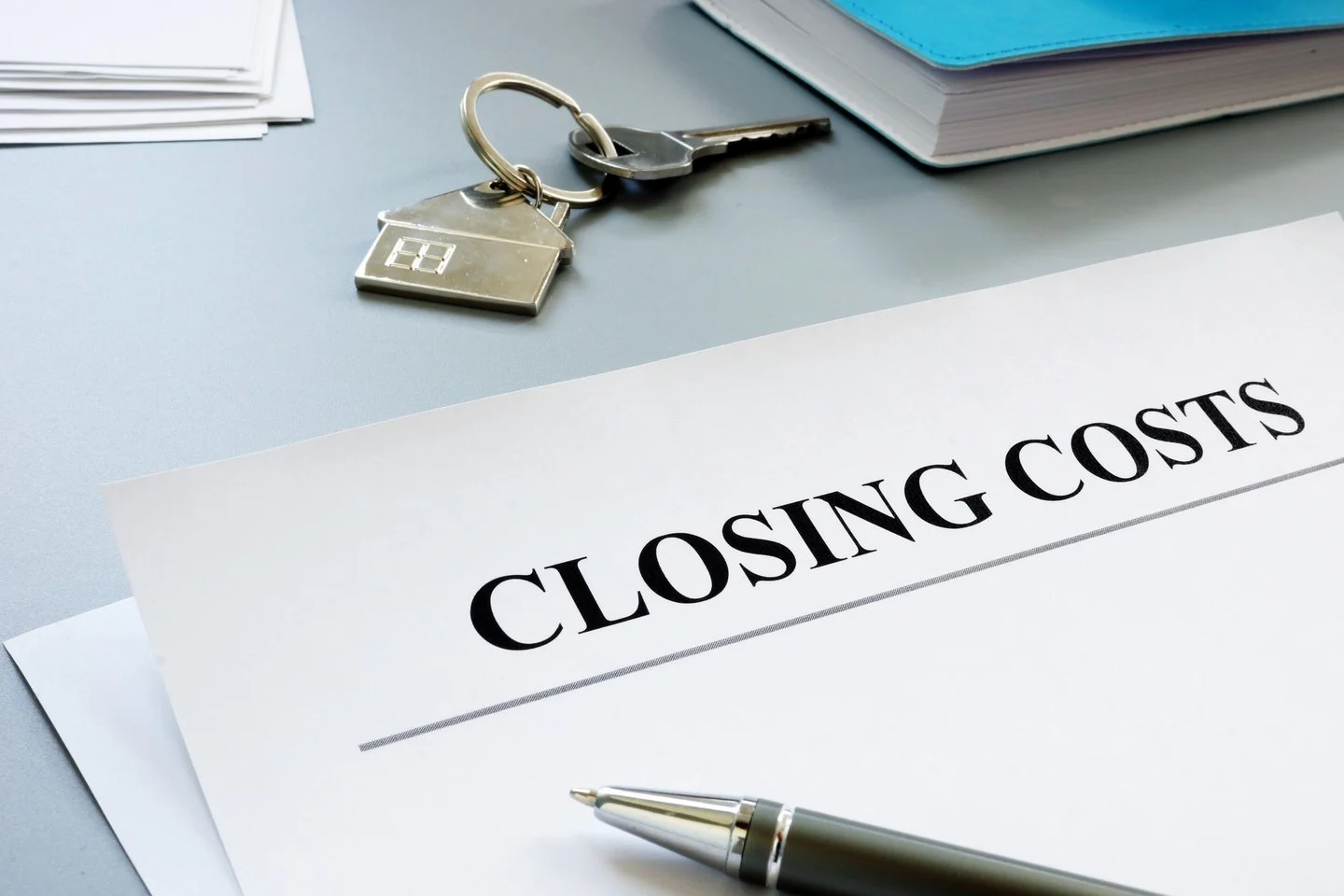
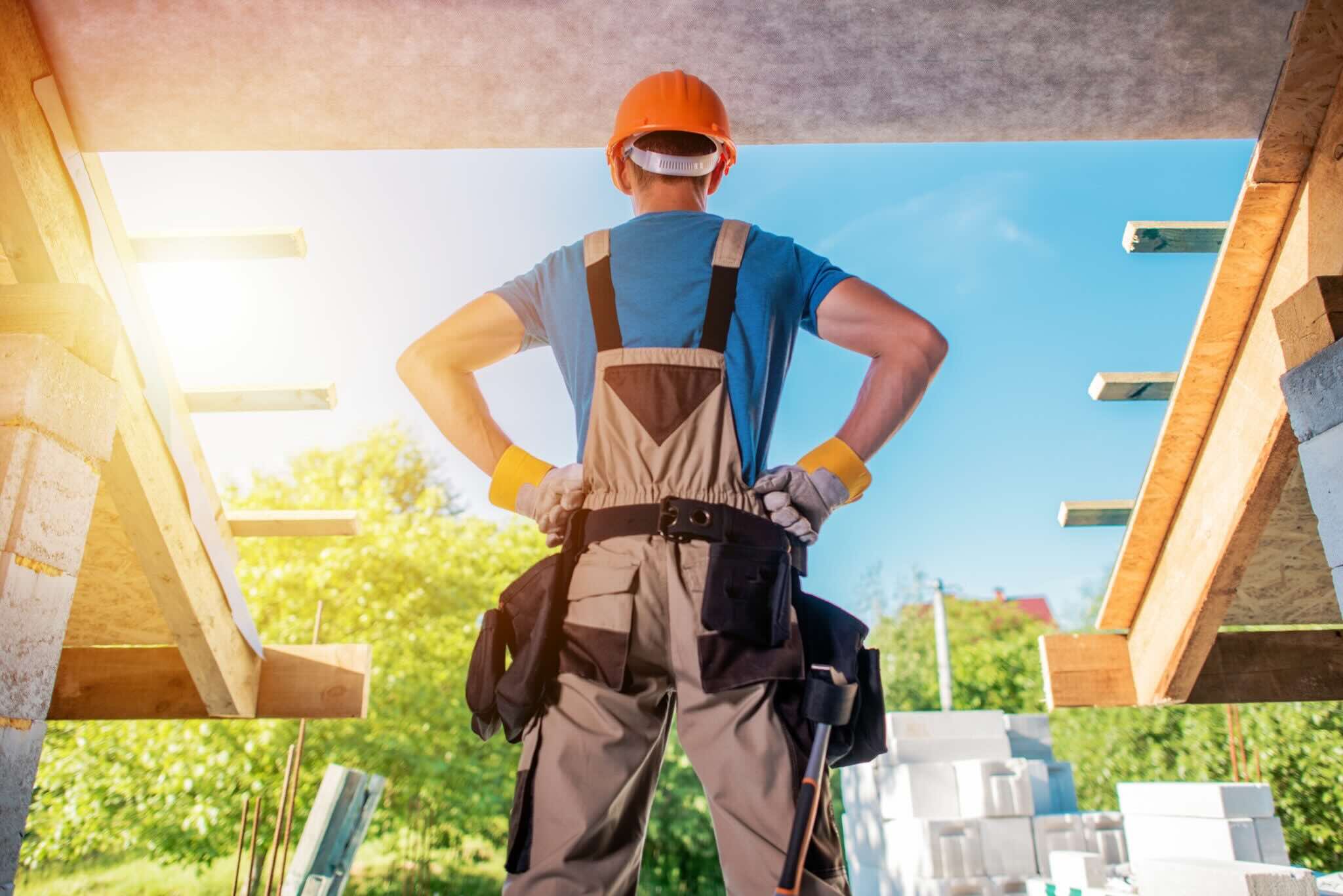

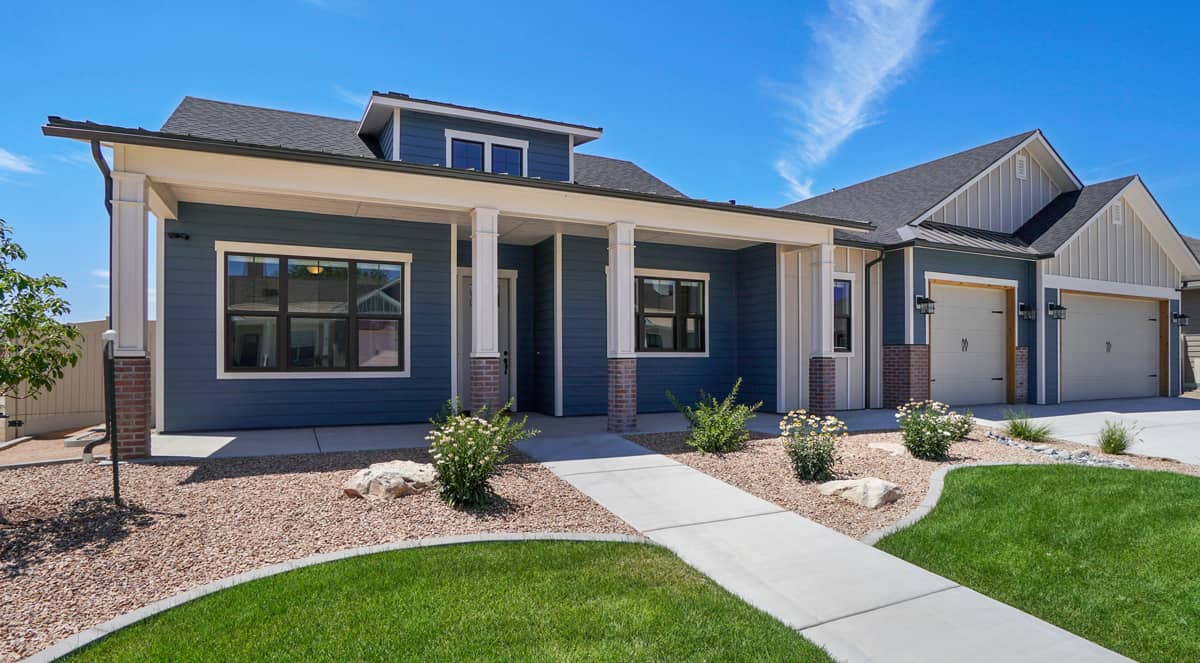

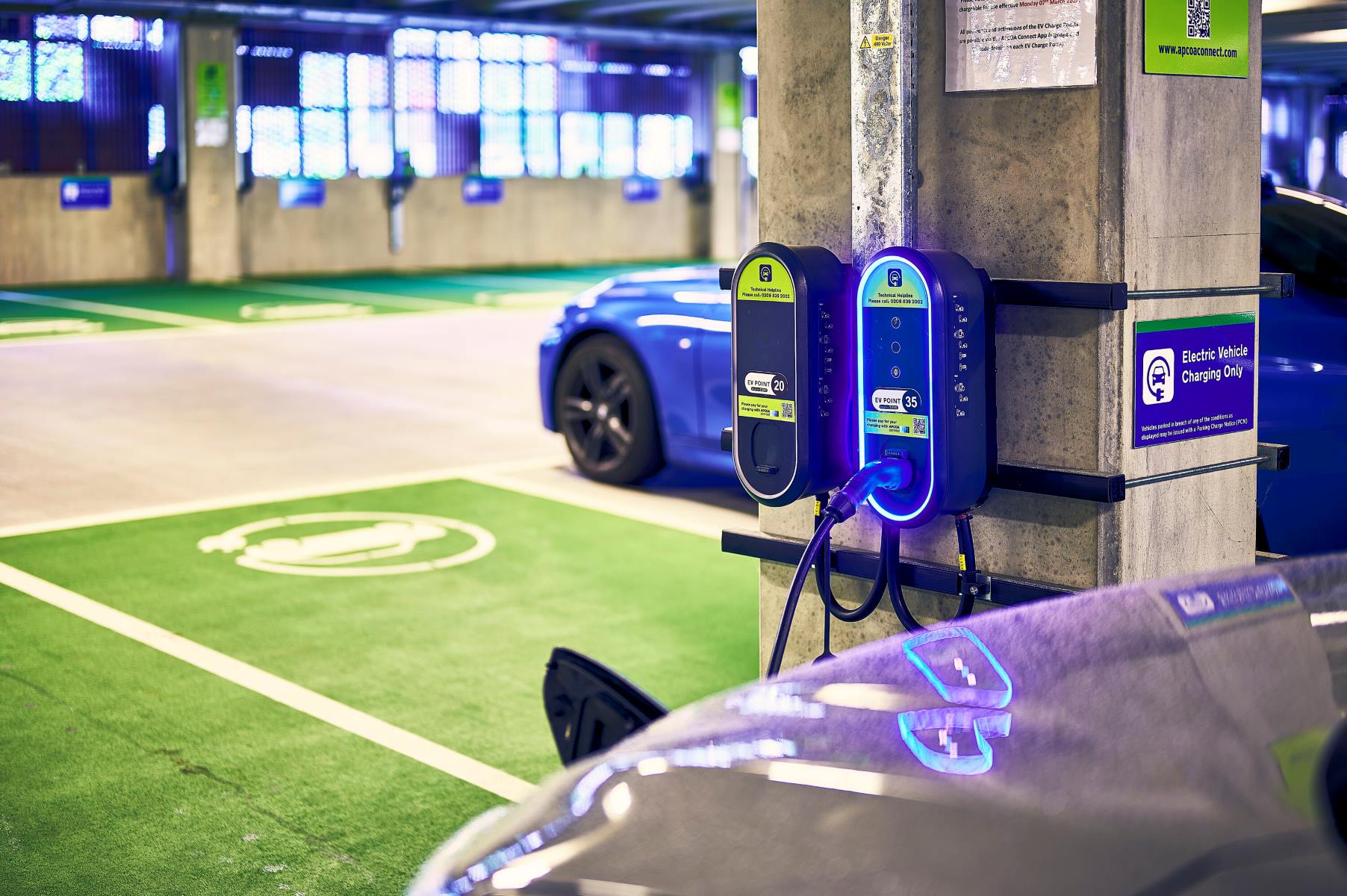
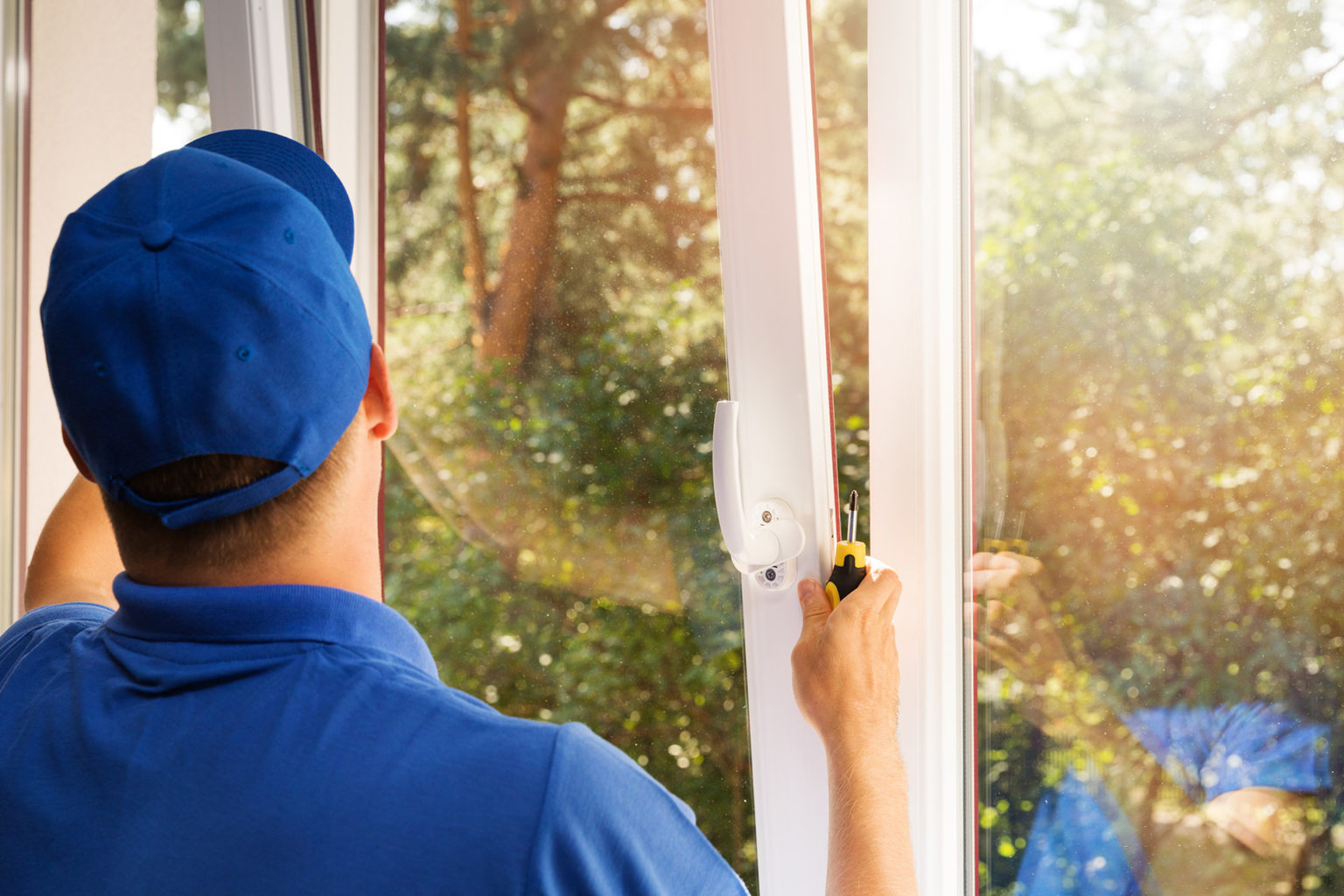

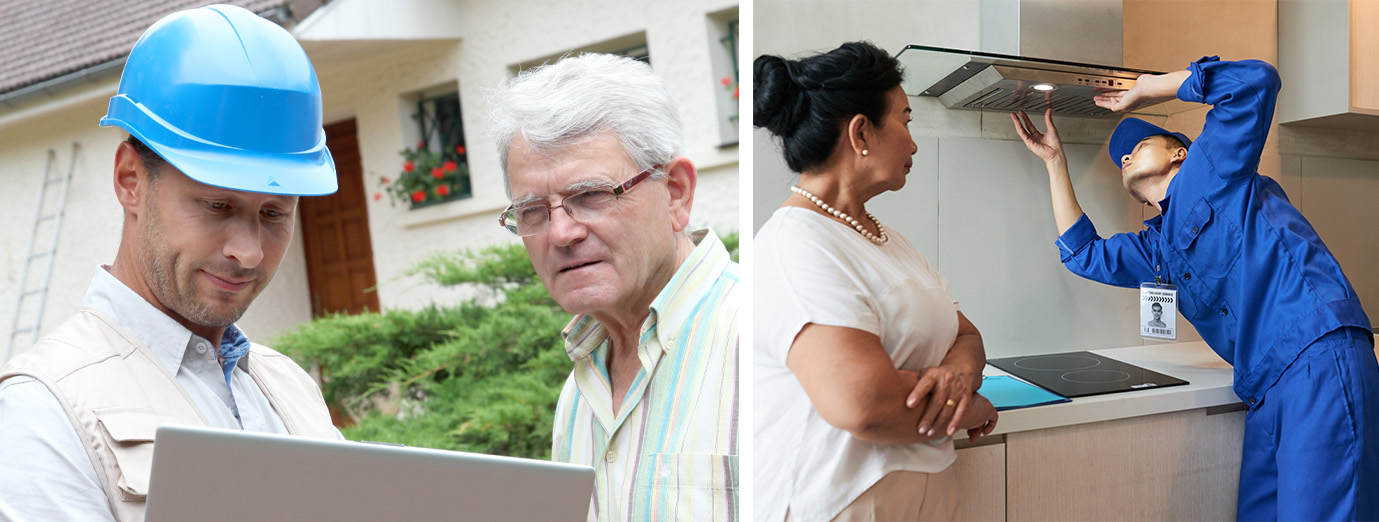

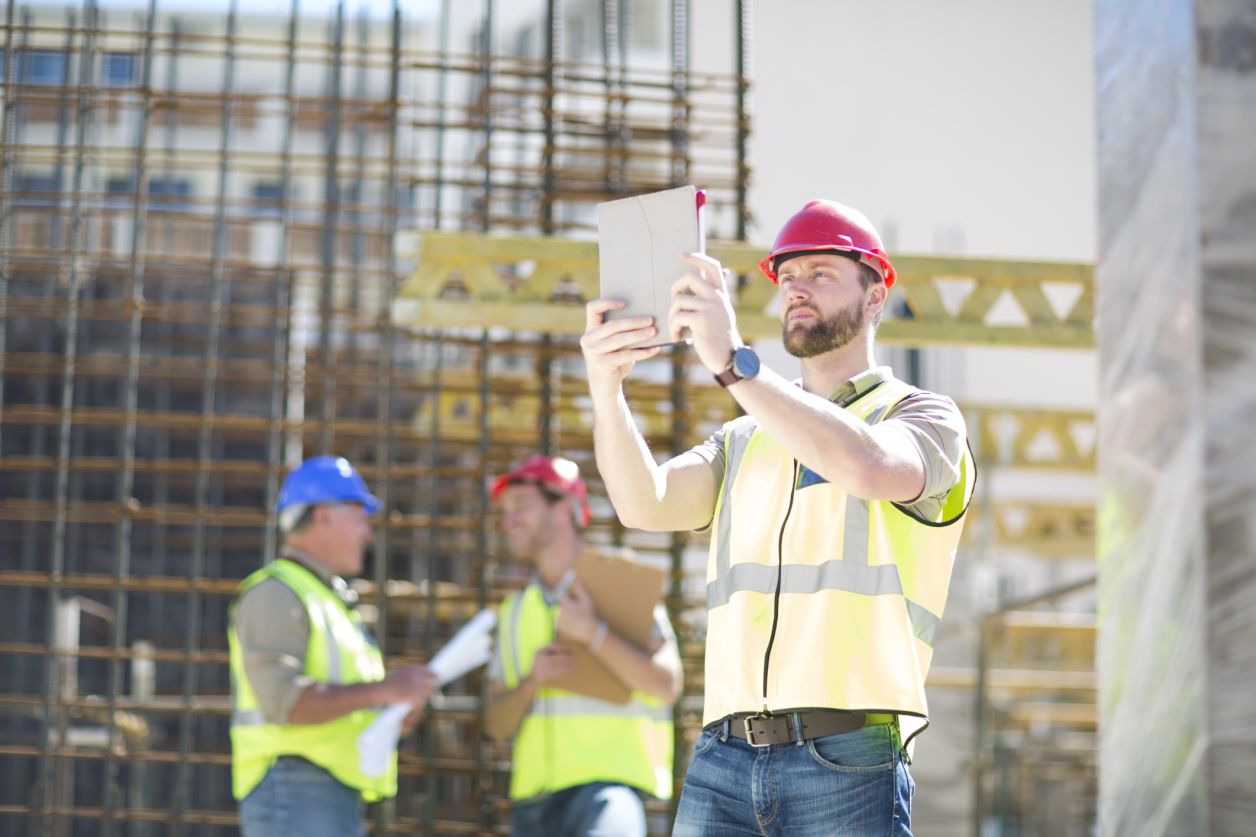
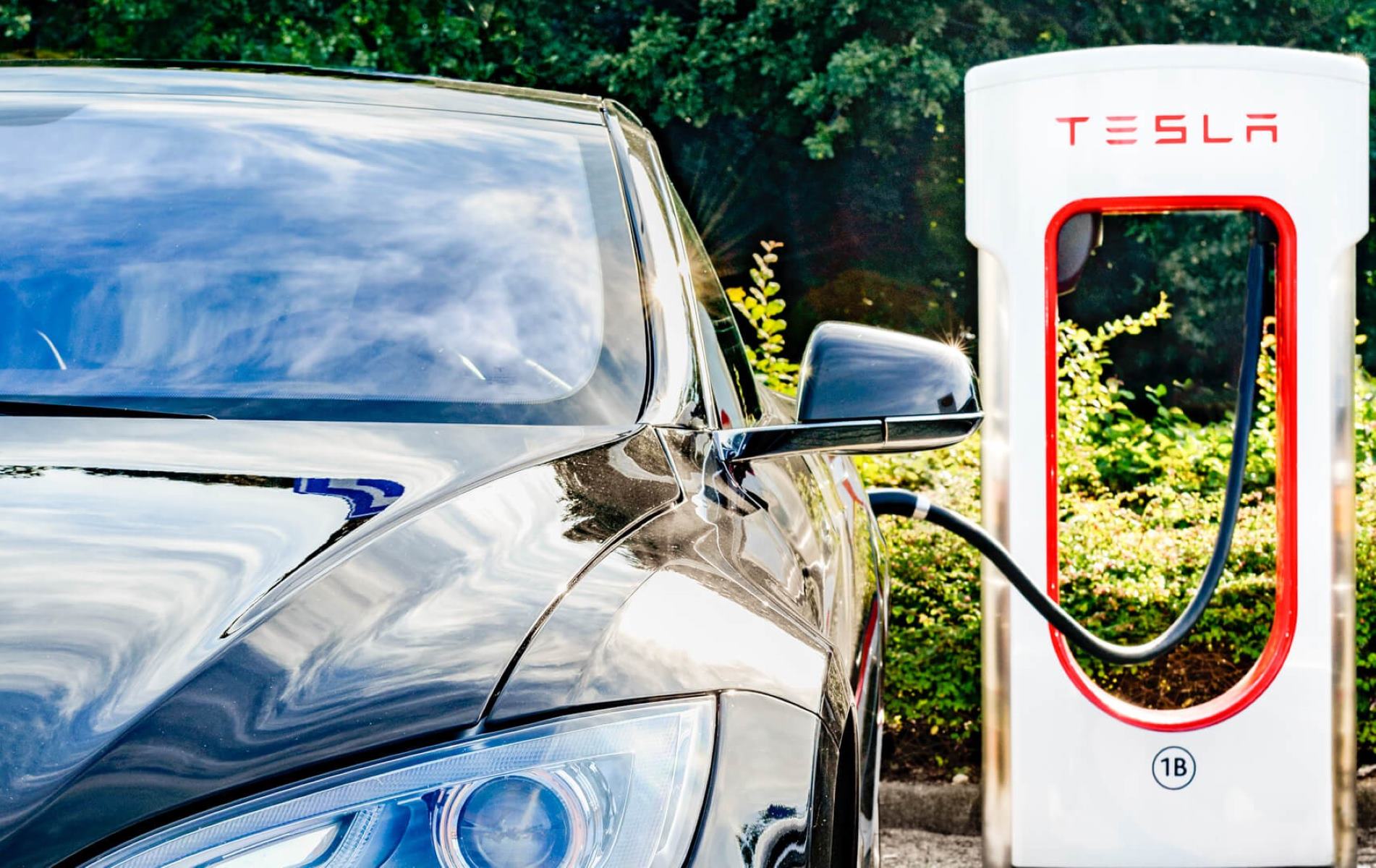

0 thoughts on “When Do You Pay Closing Costs On A Construction Loan”